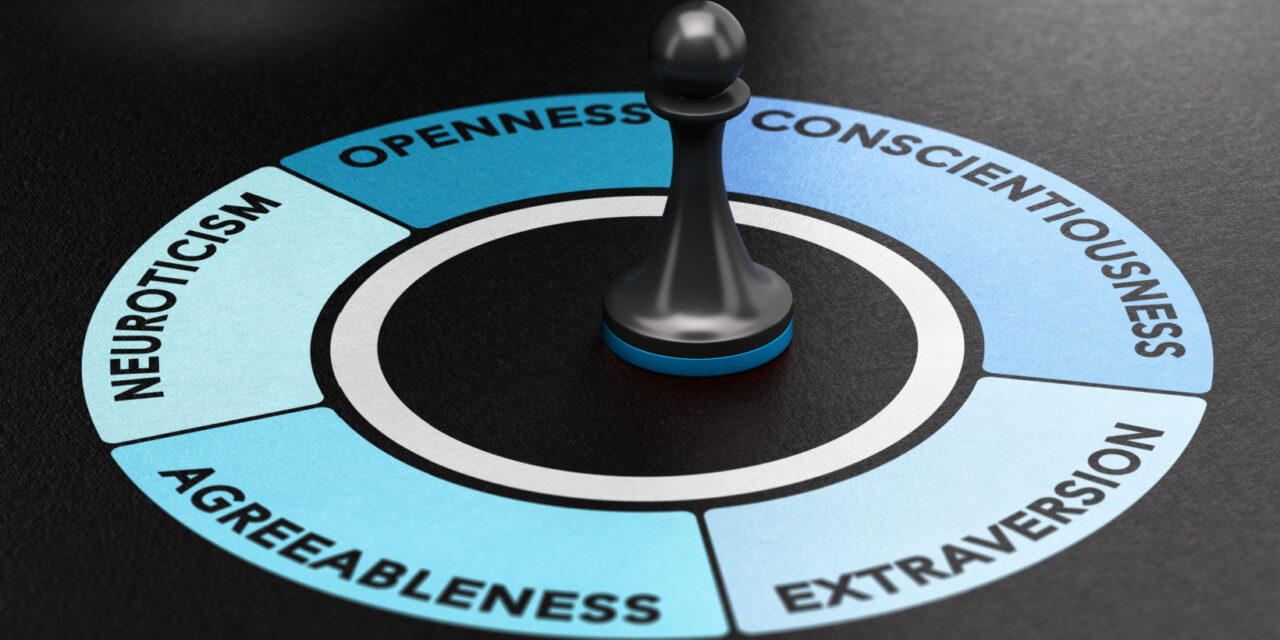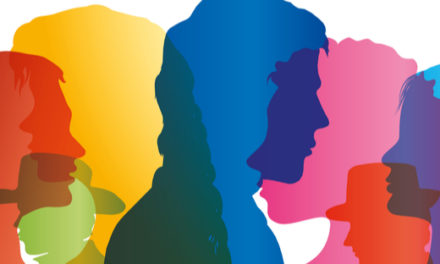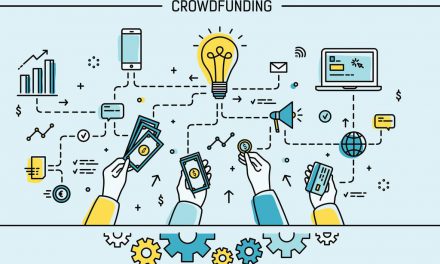
Finding Employees with the Right Personality
Successful organizations are built on the right blend of personalities. Businesses benefit from matching the right personalities with the right roles since it can lead to more productive, happier employees and lower turnover.
To view the full article please register below:
Finding Employees with the Right Personality
Successful organizations are built on the right blend of personalities. Everyone can’t be a “big thinker” or little gets done, just as businesses full of rule followers will likely never innovate.
Personalities must also fit the organization. For example, hierarchical organizations may benefit more from employees comfortable with following instructions, while a decentralized, looser organization may need employees with adaptability and independence.
Businesses benefit from matching the right personalities with the right roles since it can lead to more productive, happier employees and lower turnover.
Testing Worker Personalities
Researchers say human behavior fits into five categories: stress, stimulation, novelty, dominance and achievement.
- Stress measures our need for stability and how we cope with stress.
- Stimulation looks at how we tolerate sensory stimuli. Introverts prefer email and working alone, while extroverts are social and prefer busy environments.
- Novelty measures how much we’re open to new experiences and ways of doing things. This spectrum runs from the practical and efficient on one end to creative and forward thinkers on the opposite end.
- Dominance assesses the extent to which we defer to others, spanning from skeptical employees to tolerant and agreeable team players.
- Achievement refers to how conscientious we are to move toward goals. Flexible, relaxed people can handle multiple tasks, whereas more focused, disciplined employees have an intense will to achieve.
The personality test offerings in the marketplace can help employers understand the personality make-up of current employees, as well as prospective employees; however, their value varies widely, so research is recommended. It needs to be recognized that such test results only point to indicators of behavior; they cannot predict behavior. That said, here are several top personality tests used by businesses.
- Myers-Briggs Type Indicator—A fairly long assessment that groups individuals in one of 16 personality types and four key groups: Extraversion vs. Introversion, Sensing vs. Intuition, Thinking vs. Feeling and Judging vs. Perceiving.
- Caliper Profile—Good for screening job candidates, it assesses a person’s potentially negative and positive qualities to help determine how they may perform in a given role.
- HEXACO Personality Inventory—Measures six key personality traits: honesty/humility, emotional stability, extraversion, agreeableness, conscientiousness and openness to experience.
- DISC Personality Test—The DISC (Dominance, Influence, Steadiness, Compliance) assessment identifies one of 12 personalities based on factors such as focus, independence, energy, positivism, patience, persistence and organization.
- Belbin’s Team Roles—This groups individuals into nine workplace styles: resource investigator, team worker, coordinator, plant, monitor-evaluator, specialist, shaper, implementer and completer-finisher.
Though personality tests may be viewed with skepticism by some, the good ones are based on scientific research and should be considered as one tool available to build a winning organization.
Please reference disclosures at: https://blog.americanportfolios.com/disclosures/












